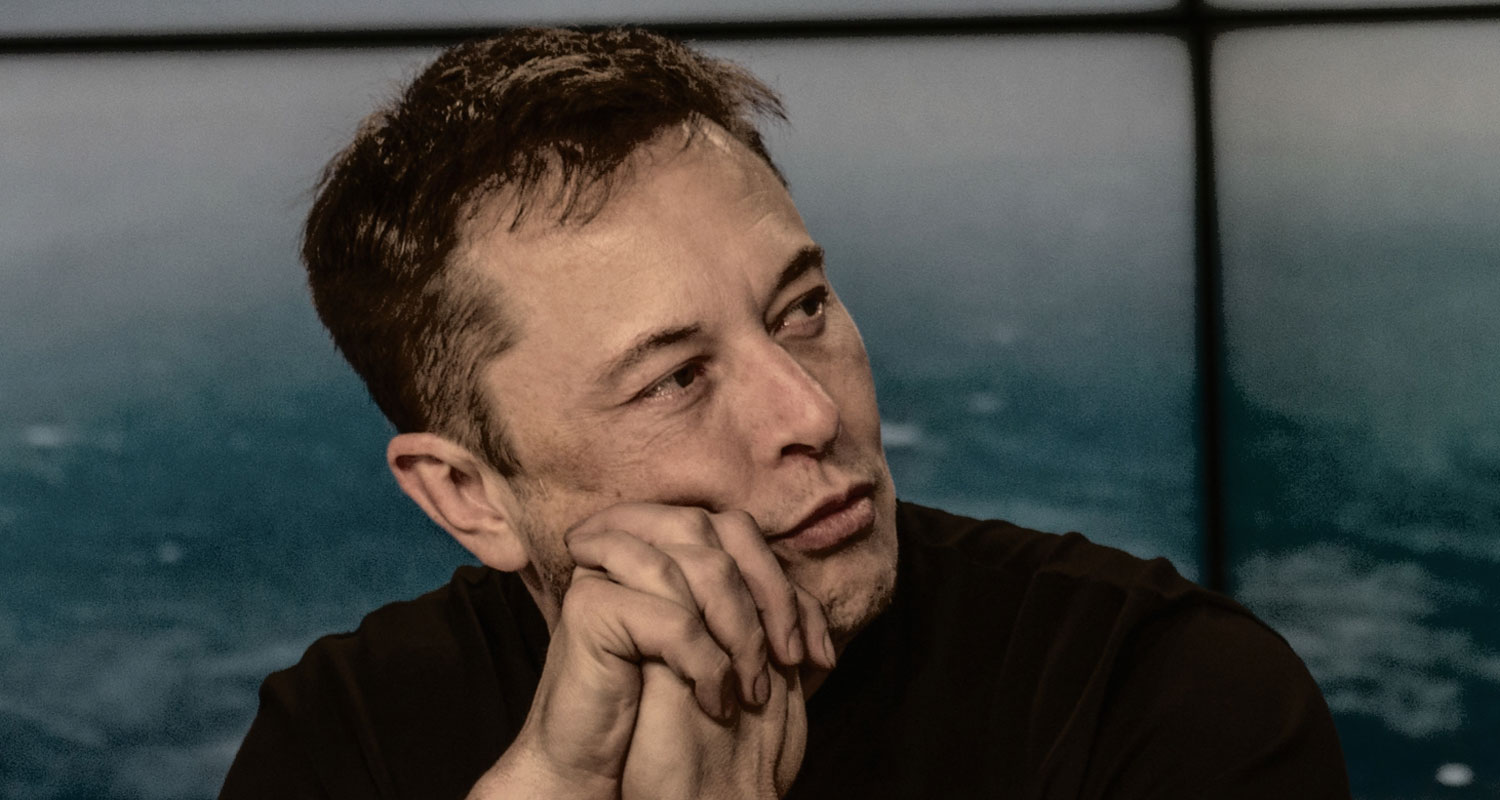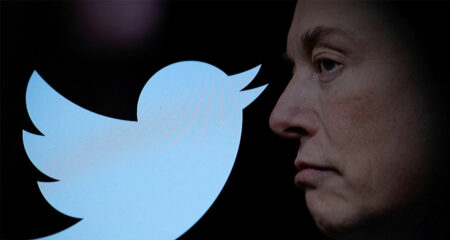
“Elon’s gonna Elon.” That was the view of one US official quoted in the Washington Post, describing Elon Musk’s threat to cut financial support for his satellite communications service Starlink to Ukraine without more Pentagon aid.
That Musk appears to have already changed his mind and will keep the funds flowing suggests there’s something to this characterisation. His erratic, mercurial online persona is impossible to separate from his businesses, as his frazzled stockholders know first-hand. At his level of wealth — around US$200-billion — Musk may find all this thoroughly entertaining. If he keeps a diary, the entry for the last month might read something like: “Tried and failed to get out of a $44-billion deal; annoyed governments with a peace plan for Russia and Taiwan; had a word with Kanye West about his anti-Semitic outburst.”
But the Starlink-Ukraine episode has implications that should keep policymakers up at night. We are opening a wartime chapter in the Musk story with new risks to go with it. “If I were a policymaker … I would be very concerned,” says Richard Tedlow, author of Giants of Enterprise: Seven Business Innovators and the Empires They Built.
Musk and his rivals are involved in a billionaires’ space race that combines the dream of a common good with the reality of geopolitics. Musk’s Starlink and Jeff Bezos’s Project Kuiper want to launch swathes of low-orbiting satellites to bring more of the world online. Demand for faster and more powerful telecommunications won’t just be from consumers but from the military, as contracts show. Satellites have a Star Trek side and a Star Wars side.
Starlink has been a good news story for both Musk and the US defence sector so far. Ukrainians need communications that the Russians can’t jam, and Musk benefits from adopting the persona of a problem-solving savant. Despite his theatrics over an outlay of around $80-million, this is a rounding error for Musk, but a big marketing boost for Starlink — and a strategic advantage to Ukraine and its allies.
But outsourcing critical tech to billionaires carries risks. Musk’s persona is unpredictable. His peace plans for Ukraine and Taiwan, perhaps reminiscent of the brittle convictions of Henry Ford’s “Peace Ship” a century ago, weren’t just water-cooler conversation but spilled over into negotiations and perception of Musk’s long-term reliability and that of his tech. One Ukrainian diplomat suggested Musk “fuck off”.
Unnerving
The speed of disruption is also unnerving. European governments are clearly worried about ceding ground to the US. Even Nasa has been wary of the Starlink revolution. Low-orbit satellites are potentially vulnerable to attacks or cyberattacks or collisions; we have seen how energy infrastructure has already been sabotaged in this war. This is new territory.
Governments should also be mindful of the risk of failure. Musk expects Starlink one day to bring in $50-billion in annual revenue. But this sector has produced plenty of failed ventures, such as the UK’s OneWeb. Ukraine’s dependence on one man and one project might not be healthy in the long run.
Musk himself probably doesn’t care about some of these worries. After Bloomberg News e-mailed him questions about his geopolitical positions, he responded: “When did Bloomberg News become worthless trash?” He has made a product that people need, and if he has to burn some public bridges to get credit, so be it. His latest U-turn on Ukraine allows him to play yet again the role of entrepreneurial saviour. It is, in a sense, more marketing for Starlink.
Read: Musk says SpaceX can’t fund Starlink in Ukraine indefinitely
Yet to others, Musk’s charismatic leadership style — showing a self-confidence that borders on arrogance, as Keith Grint, author of The Arts of Leadership puts it — is now a clear warning. It will encourage the European Union in its plans for more sovereignty in the realm of telecommunications, says Sébastien Moranta of the European Space Policy Institute, such as via the proposal to merge OneWeb with Eutelsat Communications. And it will keep the Pentagon “assessing options” with other firms.
Read: Elon Musk is under federal investigation, Twitter claims
It’s impossible to know what goes on in the mind of the world’s richest person. But just as Henry Ford had to adjust to the business of war after failing in his own peace plan, Musk may find “Elon’s gonna Elon” has reached its limits. — (c) 2022 Bloomberg LP




